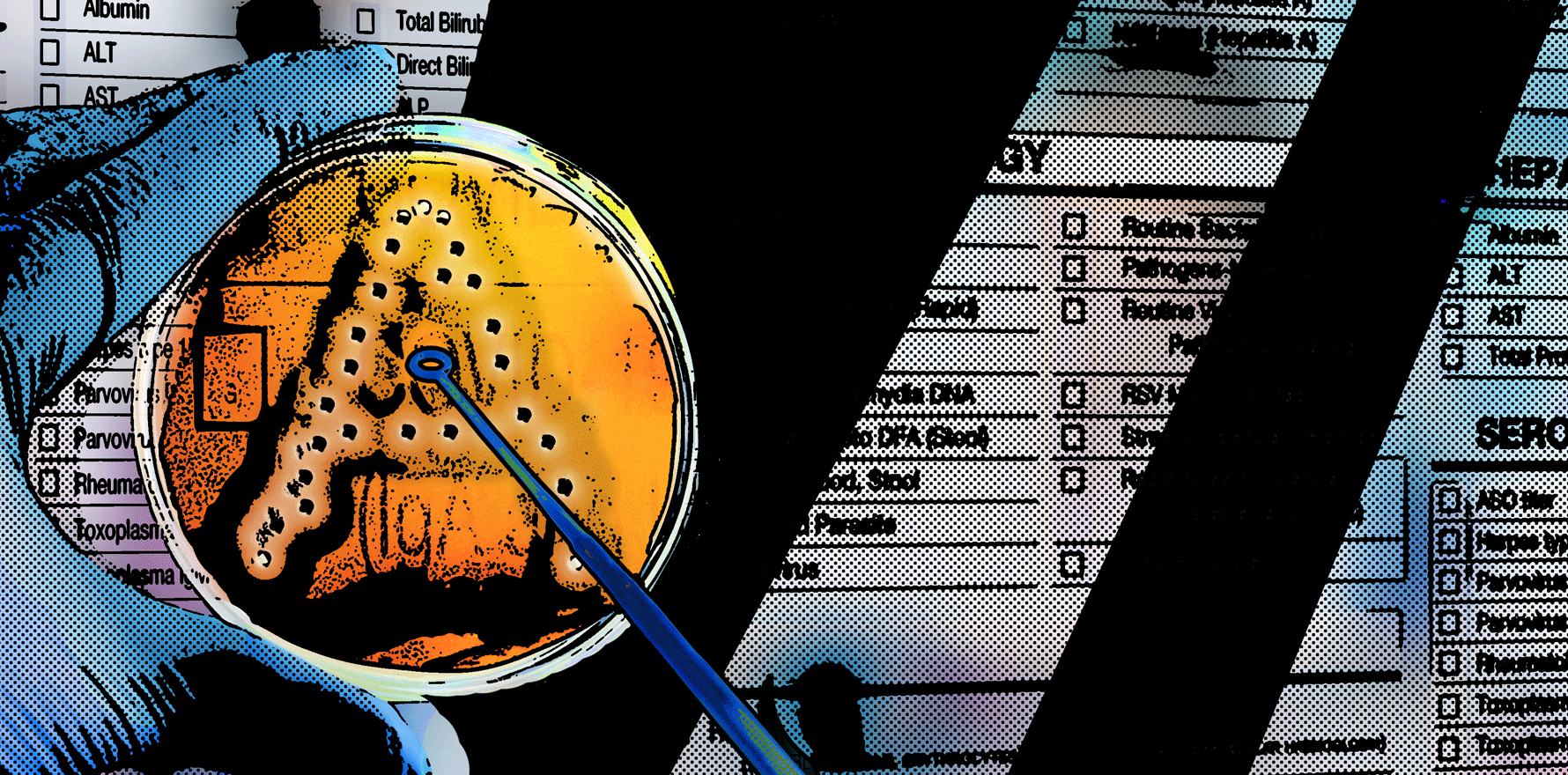Cases of infectious streptococcus A are once again on the rise, both at home and abroad.
“Guess who’s back, back again – [Strep A’s] back, tell a friend” – Marshall Bruce Mathers III.
The Independent reported this week that Japan was experiencing a rise in cases of streptococcal toxic shock syndrome, with over 1000 cases reported to date in 2024 – surpassing the total number of cases the country saw in 2023.
But Australia is not far behind.
The condition, commonly referred to as “flesh-eating bacteria”, is caused by Streptococcus pyogenes bacterium, including strep A. Certain strains of strep A can cause other serious diseases, referred to as invasive group A streptococcal disease (iGAS).
Data from the National Notifiable Diseases Surveillance System reveal there have been 909 iGAS notifications across Australia so far in 2024, well up from the 363 cases reported in the first half of 2022 but less than the 1182 cases reported in the first half of 2023.

Sixteen percent of iGAS notifications since 2021 have occurred in children under the age of 10, although people of all ages are at risk. Queensland and New South Wales have reported the greatest number of cases (1415 and 1333, respectively), with Queensland reporting more cases than all other jurisdictions combined in 2021.
A two-year-old girl in Queensland died suddenly from strep A infection in February last year. No strep-related deaths have been reported in Australia in 2024.
Related
Research from the UK suggests more virulent strains of strep A could be contributing to the increases in reported STSS cases.
Early iGAS symptoms can be non-specific – fever, rash and nausea – so it’s important to be alert for signs of sepsis (drowsiness, increased respiration rate, muscle soreness and confusion), which are indicative of more severe disease.
Last year infectious diseases paediatrician Professor Robert Booy told The Medical Republic healthcare professionals should also be on the lookout for systemic myalgia headache, vomiting and diarrhoea.






